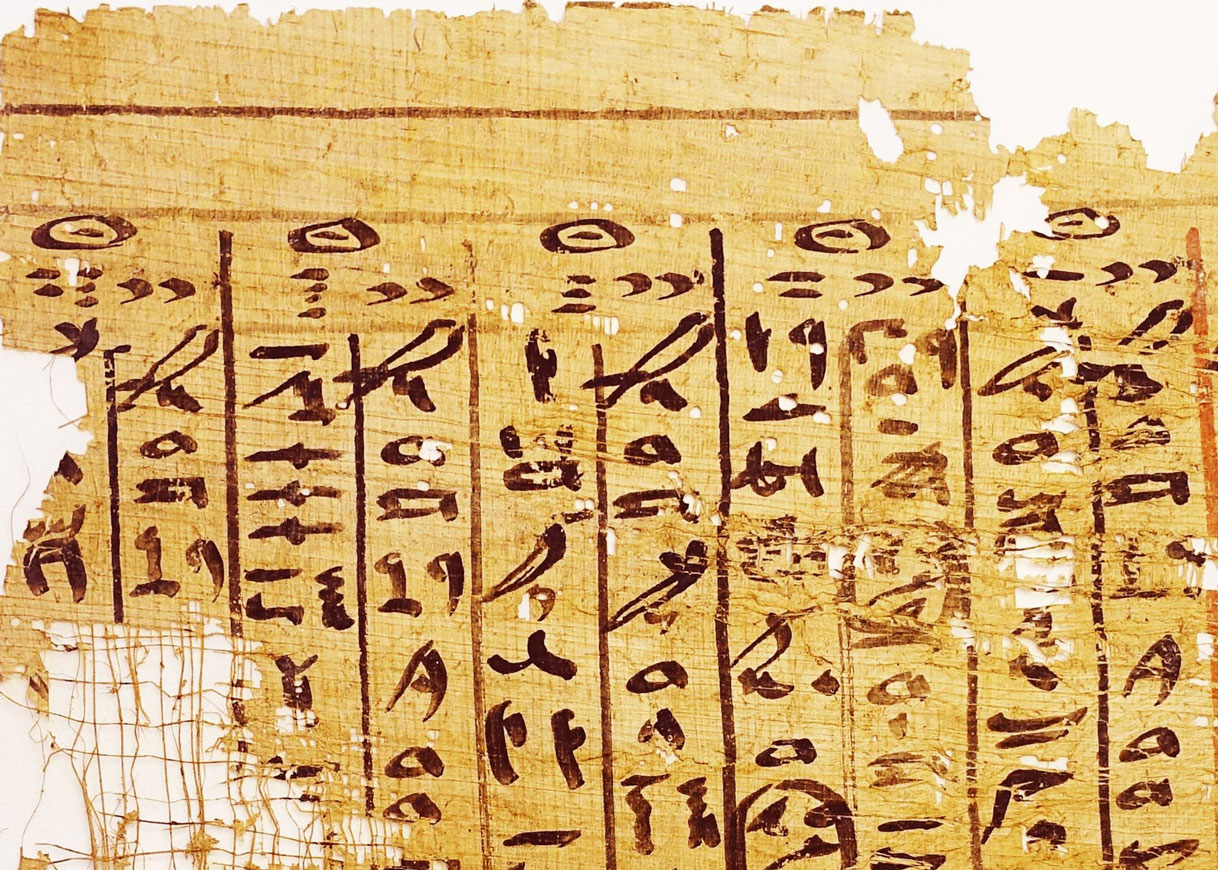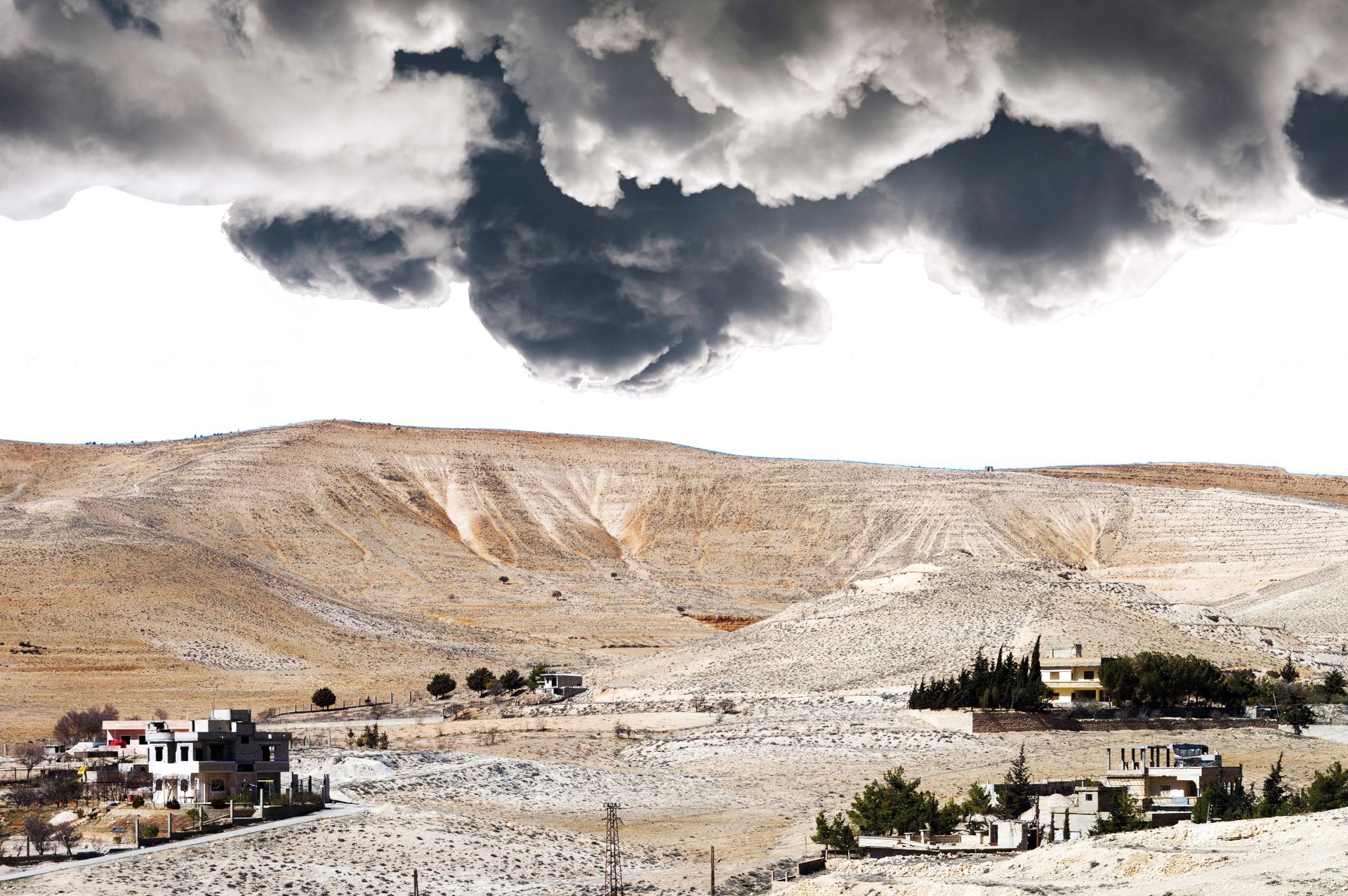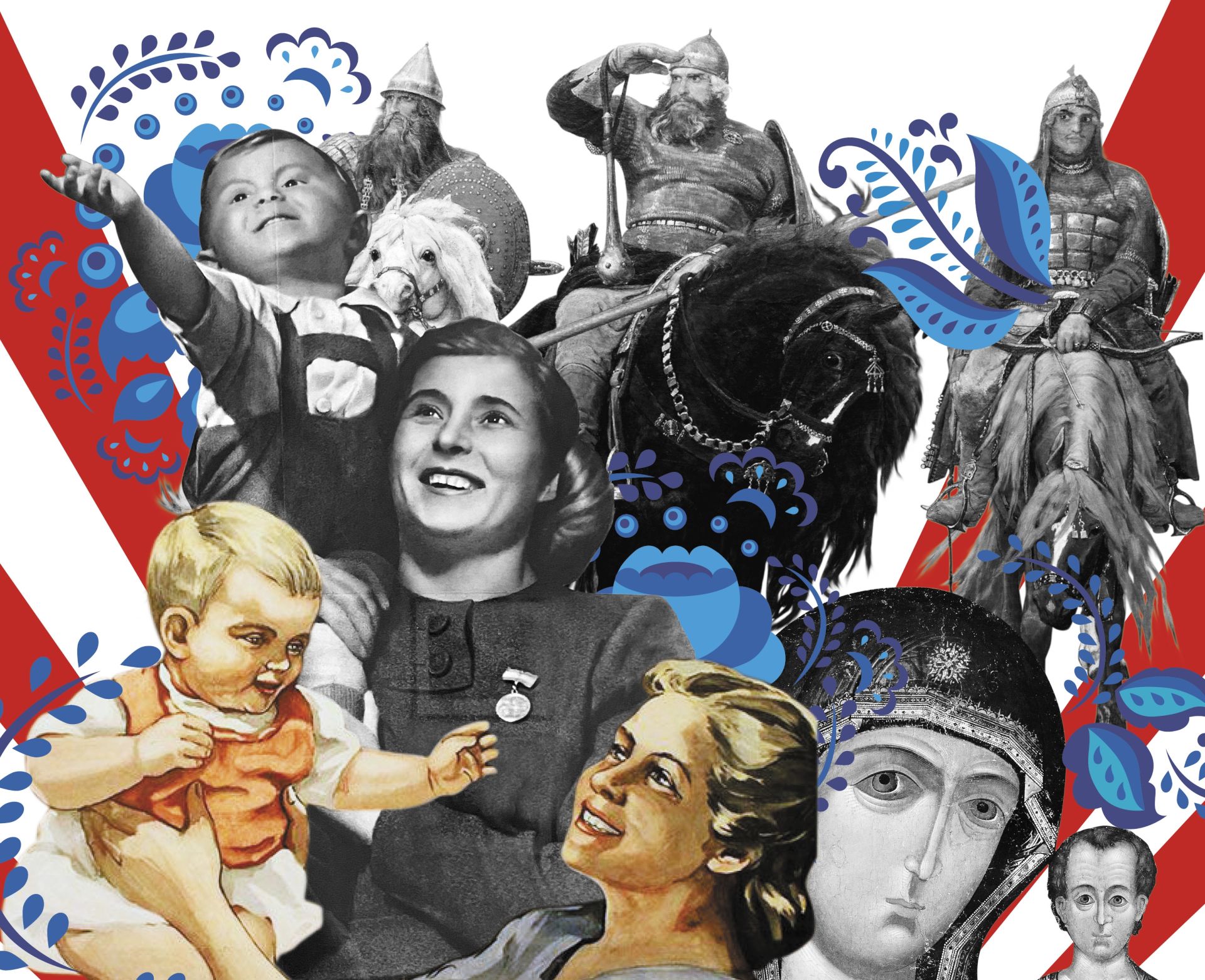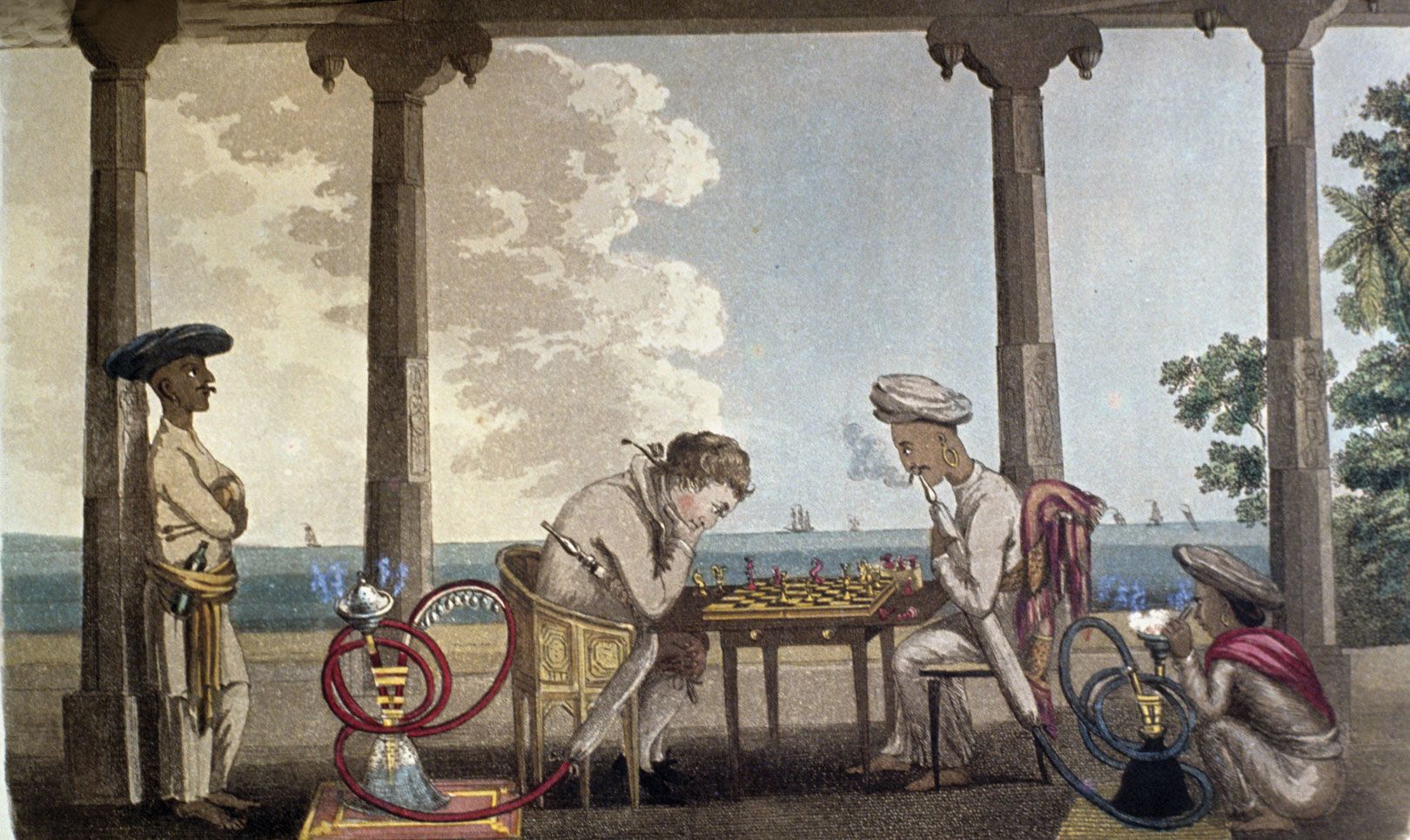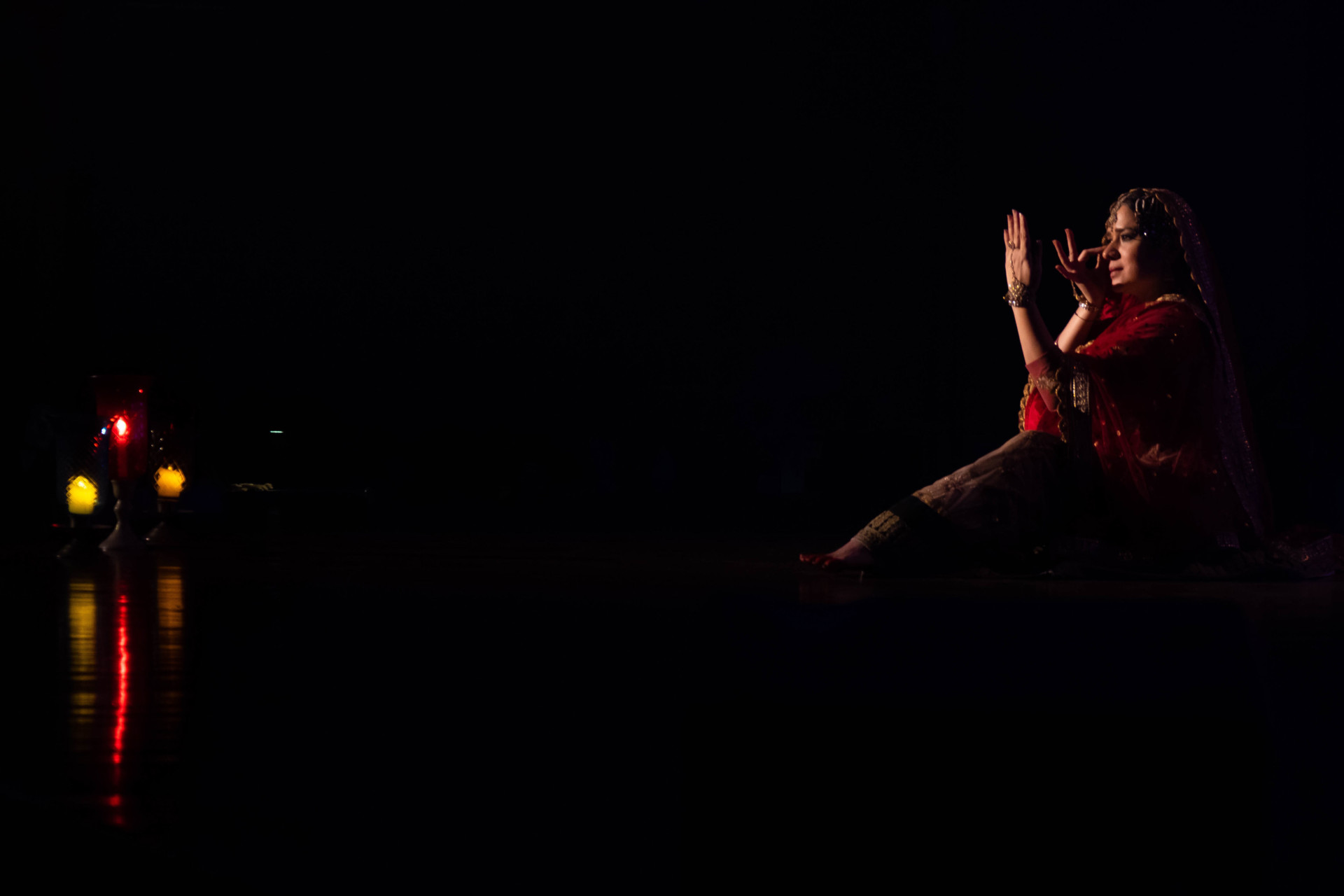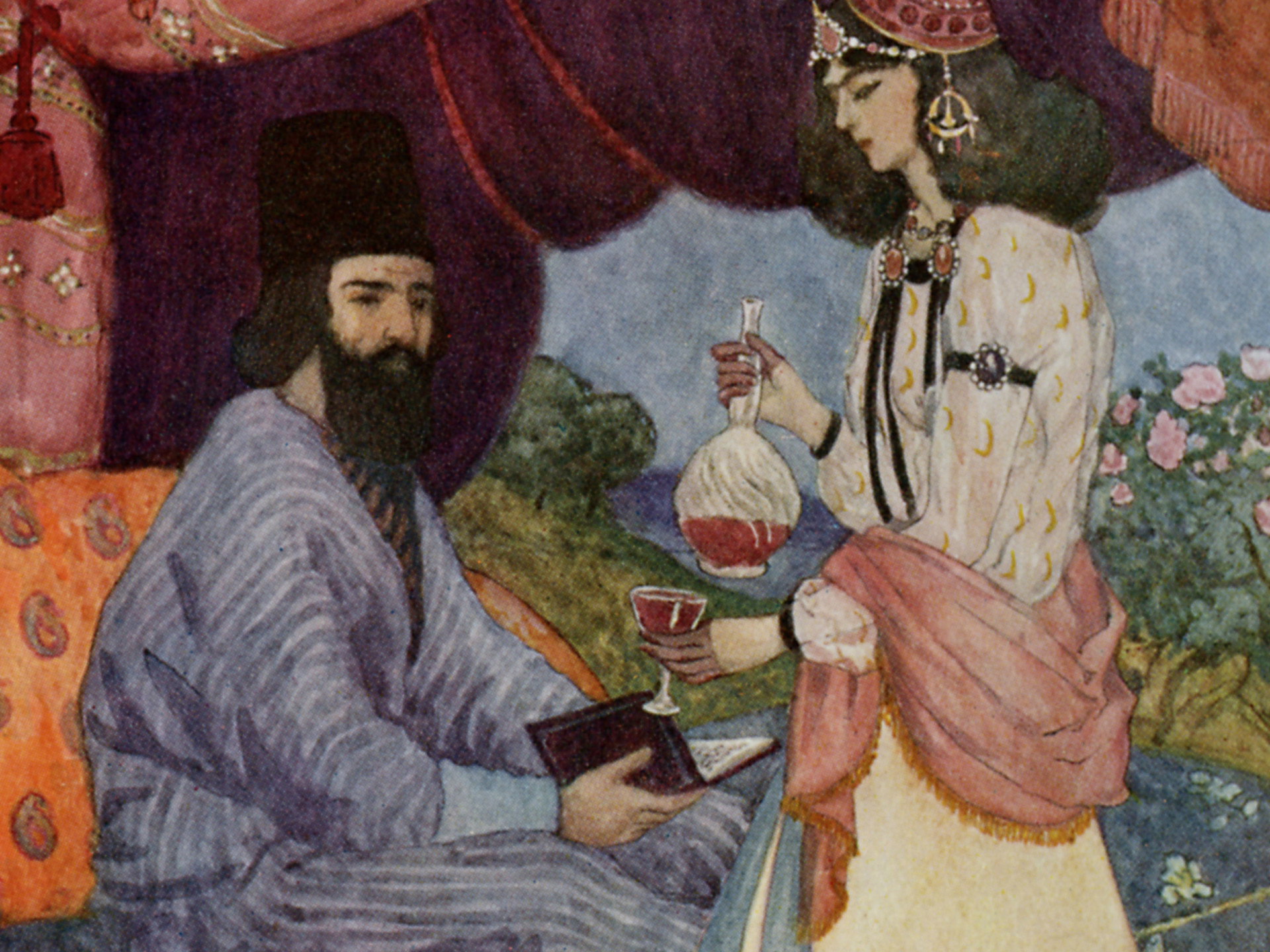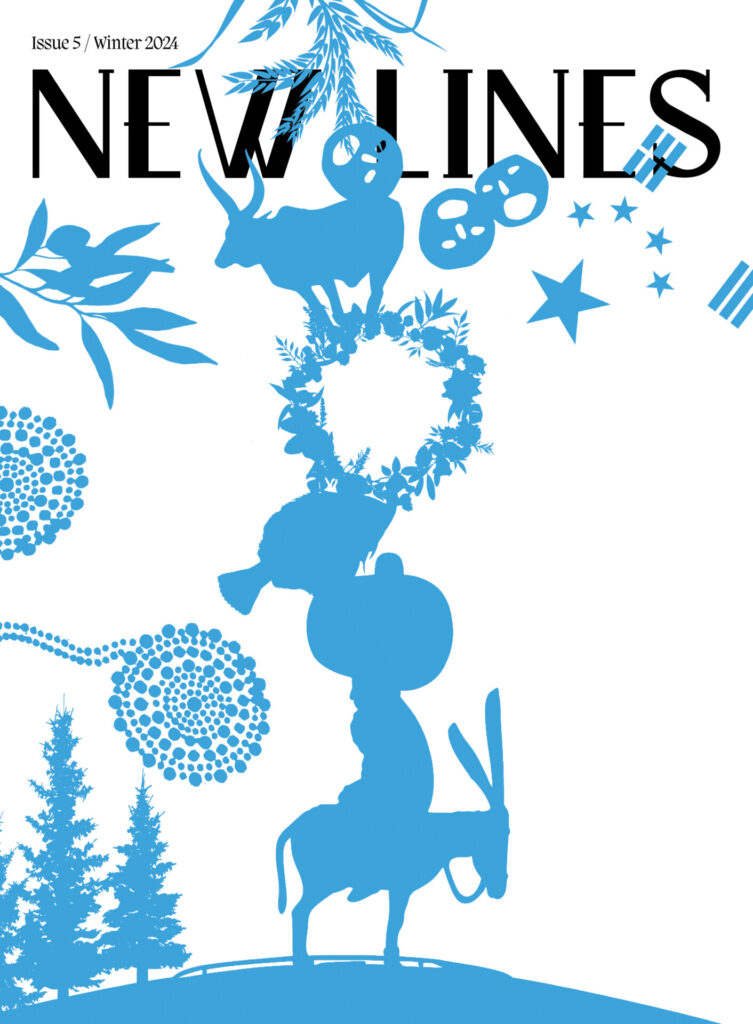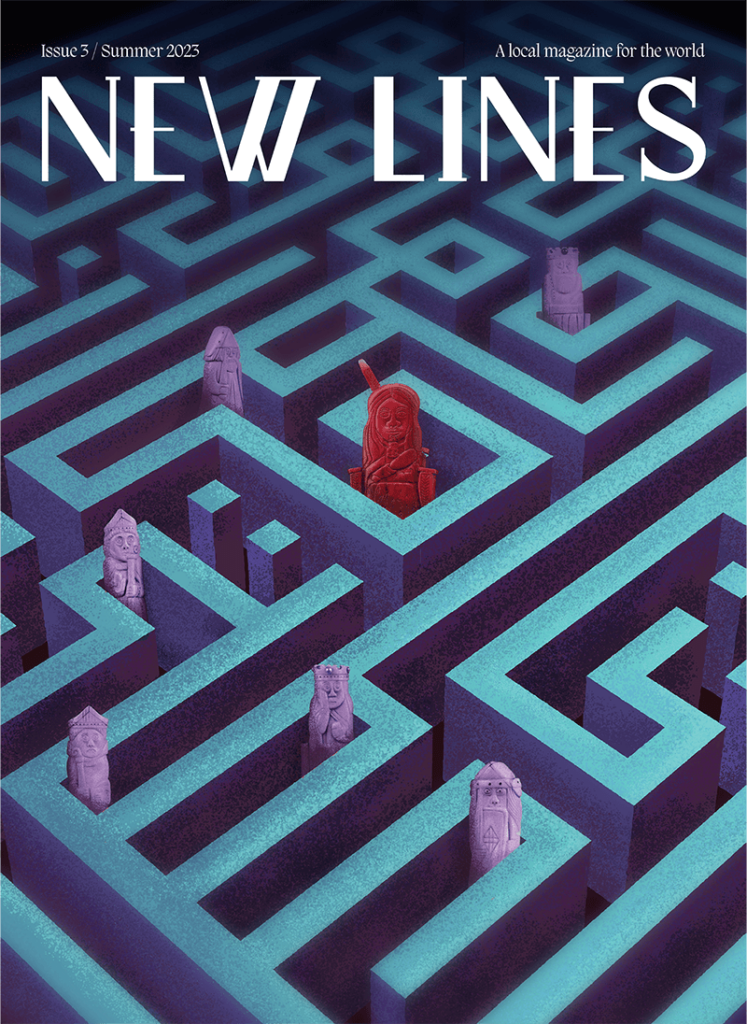/01Norway’s Iconic Reindeer Face Challenges Beyond Climate Change
Climate change poses the greatest risk to reindeer, but in the short run it’s the effects of forestry, mining, wind power and other land users that reduce the quality and access to pastures. Tightening governmental regulations can further restrict such life-giving movement, affecting the reindeer and their Sami herders.
Read the story here/01The Oil Thieves of Nigeria
Today, among all the other challenges weighing down Africa's most populous state, Nigeria must struggle to maintain a steady production of oil in a region where militants and ordinary citizens alike increasingly steal it straight from the pipeline.
Read the story here/01The Show Trial of the Century?
Republicans appear to be invoking Frank Church’s legacy not to push for real solutions, as the late senator did, but to obtain impunity for themselves and punish their enemies. In the process, they’re misrepresenting the committee's storied history.
Read the story here/01Who Invented Paper? A New Discovery in Egypt Upends the Consensus
A startling new discovery at a long-neglected archaeological site suggests the ancient Egyptians used paper more than 2,000 years before the Chinese, upending the scholarly consensus.
Read the story here/01The Moral Affirmations of Louis Armstrong
Many of Louis Armstrong’s contemporaries derided his performance antics and clowning as a creepy form of Uncle Tomism. But what if the most effective way to be political without creating a disturbance is to pretend you have no politics at all?
Read the story here/01A Multigenerational American Story of Immigration and Return
Kamel had raised the American flag on his rooftop in the hope that the French would not aim their guns in his direction. But the French attacks were more wanton and severe. A shell raged toward his house, piercing one of its walls.
Read the story here/01Mariana's Son
The first Americans I met were the Marines. On July 15, 1958, hundreds of U.S. Marines landed on the beaches of Beirut. They did not storm any fortification, and no hostile force fired at them. They were greeted by curious, mostly happy onlookers, enterprising vendors eager to sell them American cigarettes, familiar nonalcoholic beverages and Lebanese food, and scores of children clamoring for candy, chewing gum and chocolate. I was one of those children. I was barely eight-and-a-half years old.
Read the story here/01Syria Before the Storm: A Dissident Recalls Life in the Pre-Assad Era
In this deeply autobiographical essay, a leading Syrian intellectual recounts his early years in rural parts of the country before the rise of the Assad regime, lamenting the political and cultural vitality since lost in a society shattered by tyranny and war.
Read the story here/01The 'Conscious Uncoupling' of Wahhabism and Saudi Arabia
Years before the Saudi leadership turned its back on the native Islamists who co-founded the kingdom, the movement had already been in decline. It is these longstanding problems, not just the current political environment, that make the Wahhabi decay irreversible.
Read the story here/01What My Pregnancy in Moscow Taught Me of Putin's Russia
While I adored being pregnant in Russia, where I basked in the warmth of female solidarity, it became difficult to appreciate in an environment where women's rights were being governed, and even curtailed, by the state.
Read the story here/01How the Taliban Strip Away Women’s Freedoms
Even though her nephew is with her, and she is fully covered, she can feel the men’s eyes on her, ogling her body. She wonders why the staring is worse than usual, and decides it’s because there are fewer women and girls on the streets. “Look!” Her nephew points to a group of women protestors. They are chanting, “Food, work, freedom! Education is our right! Open the girls’ schools!”
Read the story here/01Chess Moves: The Indian Behind the ‘Indian Opening’
Opening repertoires in chess are often named after their inventor or region of origin. The Sicilian Defense, the French, the Berlin, the Ruy Lopez and the Grunfeld defense are all popular examples. An exploration of the origin of the “Indian” opening reveals a story that could someday make for a Bollywood blockbuster.
Read the story here/01The Movement to Place India’s Belittled Courtesans in a More Positive Light
Many Indians who had been influenced by Western education and Victorian mores belittled Tawaif art and culture. The British Empire, oblivious of the Indian traditions and cultural milieu, gradually began to erode the Tawaif tradition by equating courtesans to prostitutes.
Read the story here/01Medieval Arabic Culinary Literature Offers Lessons for the Present
Excess was in vogue at the zenith of the Abbasid Empire. The wedding of its seventh caliph, al-Mamun, cost 50 million dirhams, according to the historian al-Tabari. It required 140 mules to make three trips a day for an entire year to transport wood for the stove. It then took two days and nights to burn through all the wood as the food cooked above it.
Read the story here/01The Wine Critics of Early Islam
The language used by early Arab poets to appraise wine shows striking parallels to the style of wine criticism we know today. Arab and Muslim poets writing hundreds of years ago used a vocabulary to evaluate wine that would only become current in the West in the late 20th century.
Read the story here 





